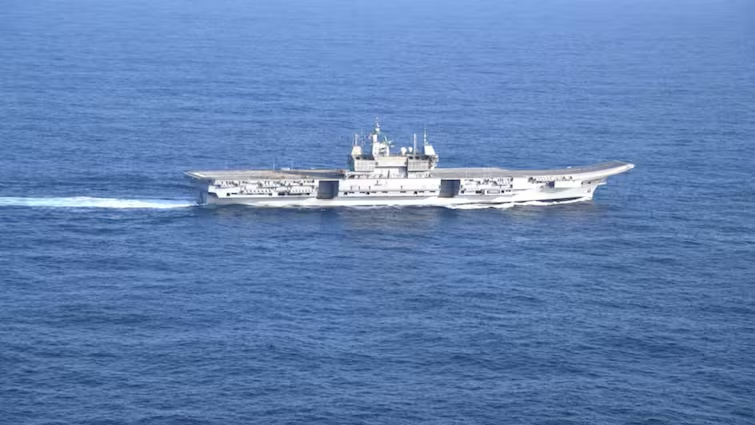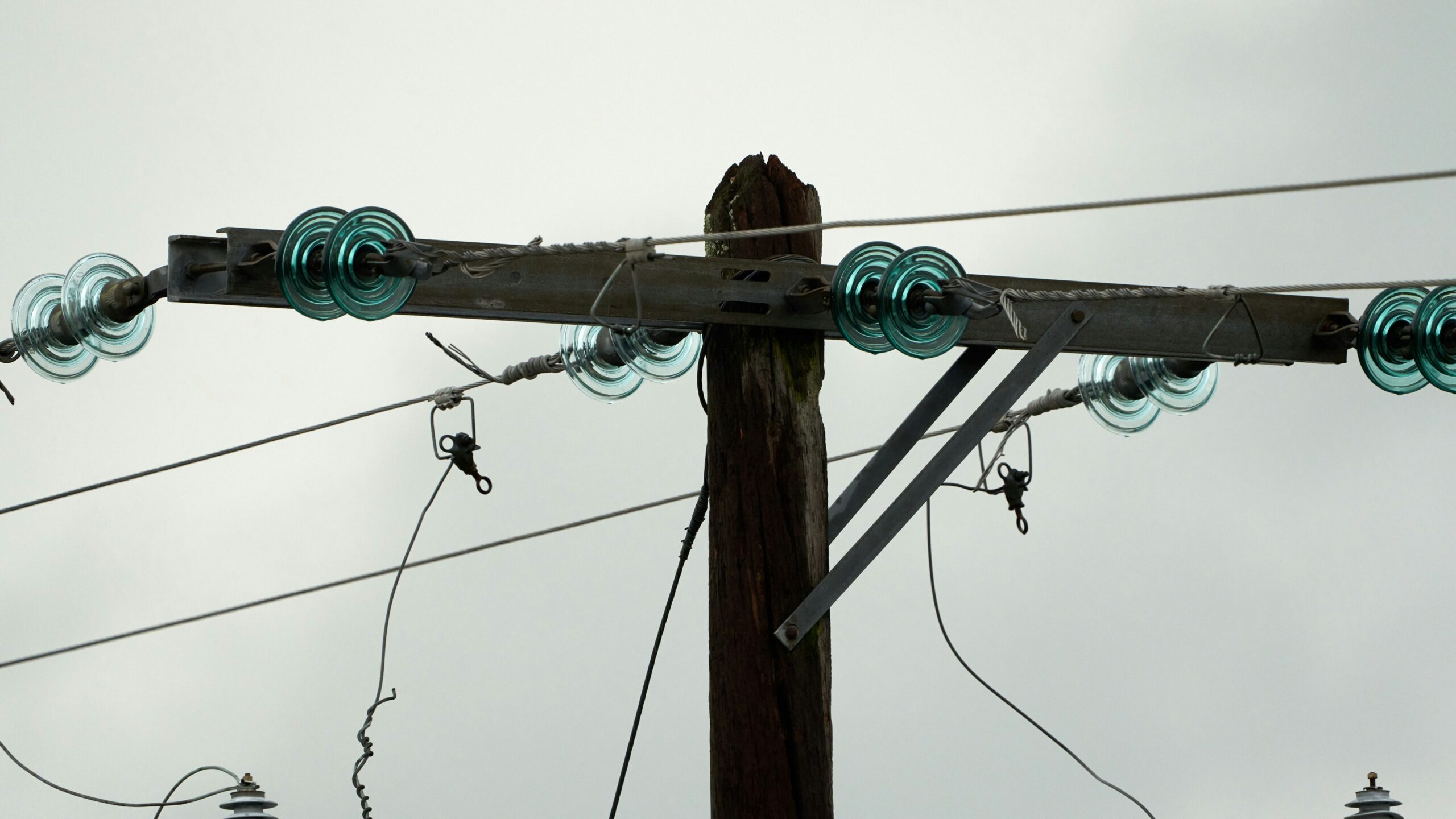Explosions echoed through Karachi and Lahore on Thursday, sending shockwaves across Pakistan. In a swift response to terror strikes, India mobilized its naval fleet in the Arabian Sea. INS Vikrant, India’s powerful aircraft carrier, has taken position near Karachi Port.
Indian Navy sources confirmed that destroyers including INS Visakhapatnam are now active. The Western Naval Command has positioned key warships strategically, signaling a strong military stance.
INS Vikrant and Destroyers Positioned Near Karachi

Karachi, Pakistan’s largest port city, is now at the center of military activity. Multiple blasts were reported near the harbor. Residents witnessed rising smoke and sounds of low-flying aircraft in the early hours.
According to defense sources, INS Vikrant, commissioned in 2022, leads the charge. Accompanying it are Indian Navy destroyers with advanced missile capabilities. Their presence in the Arabian Sea near Pakistan’s territorial waters indicates high alert across the subcontinent.
India Responds to Terror Attacks with Precision
The escalation began after Pakistan-sponsored outfit “The Resistance Front” killed 26 civilians in Pahalgam on April 22. India launched Operation Sindoor in response. The mission targeted terror hubs in Pakistan and Pakistan-occupied Kashmir.
Pakistan attempted to retaliate but failed. India intercepted at least 8 missiles in Jammu and Kashmir and 30 in Jaisalmer. India’s missile defense also shot down a Pakistani F-16 and two JF-17 jets attempting cross-border intrusion.
Drone Strikes Hit Key Pakistani Cities
India’s counter-offensive wasn’t limited to airspace. In a precise drone strike, Indian forces targeted Lahore’s military facilities, disabling their radar systems. Gujranwala and Karachi also suffered drone-related damages.
As reported, Pakistani drones were neutralized in border states before they could inflict damage. The Indian Air Force remains on high alert to prevent further incursions.
Civil Aviation on High Alert Across India
The Bureau of Civil Aviation Security (BCAS) issued a nationwide security alert. All airports now follow stricter screening processes. Passenger checks include Secondary Ladder Point Checks (SLPC). Terminal visitor access is suspended until further notice.
Air Marshals are being deployed across major flight routes. According to the Ministry of Civil Aviation, these steps are preventive in nature, ensuring civilian safety during heightened military activity.
India Reassures Global Community of Measured Response
Foreign Secretary Vikram Misri stated that India’s military actions were “measured, precise, and non-escalatory.” He emphasized India’s right to self-defense and targeted retaliation against terror operatives.
While Karachi remains tense, India aims to de-escalate the situation diplomatically. The global community is watching closely as events unfold in the region.
Karachi in Crisis as Conflict Deepens
Karachi’s strategic location makes it a vital point in this unfolding situation. Explosions near the port have already disrupted shipping operations. Commercial activities are at a standstill as Pakistan enforces a no-fly zone over major cities.
With INS Vikrant and other warships stationed nearby, the situation demands immediate international attention. Karachi’s role in this military conflict may redefine geopolitical equations in South Asia.
Security and Stability at Stake
The Indo-Pak tensions have reached a critical point. With the mobilization of India’s naval forces and confirmed blasts in Karachi, the conflict threatens regional stability. Diplomatic channels are open, but so are missile silos and naval cannons.
India’s strategic moves near Karachi reflect a firm message: terror will not be tolerated. The next steps could shape not just borders, but the balance of peace across Asia.




